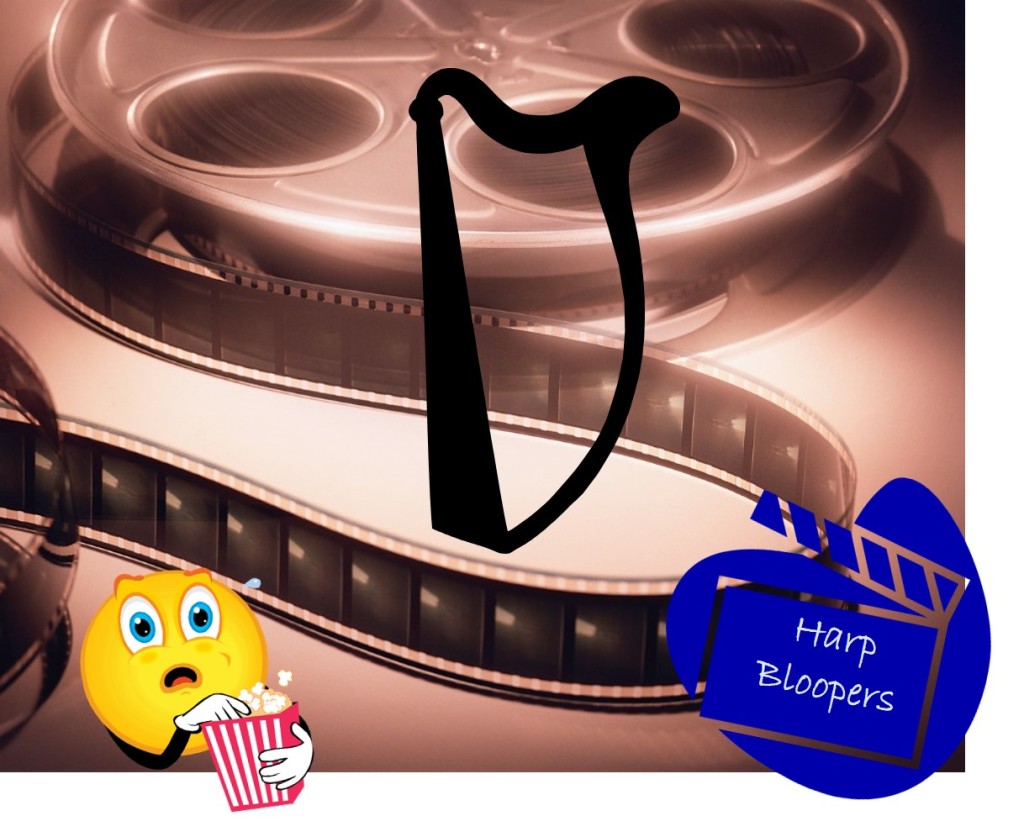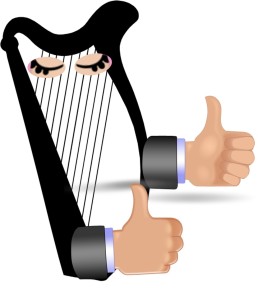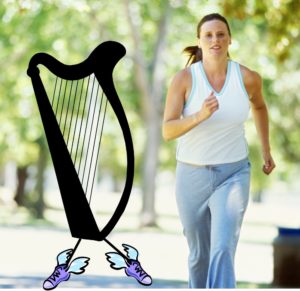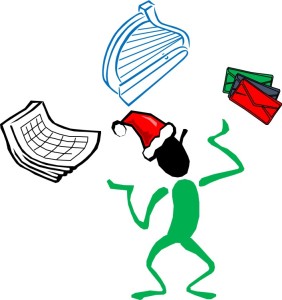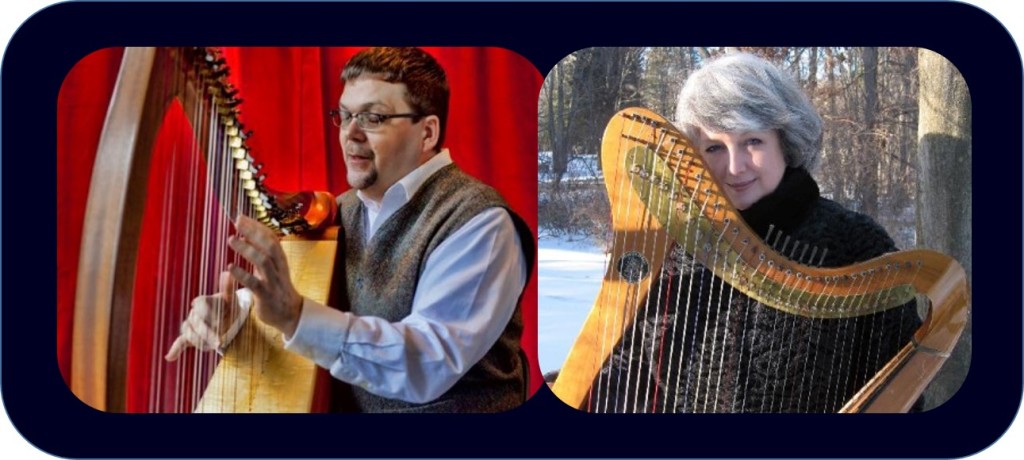I know you have goals. You may call them goals, resolutions, objectives, but it doesn’t matter what you call them. What is important is that you have a direction in mind and that you have some idea how you are going to get there. And the easiest way to know if you got there is to be able to see your progress.
We often state our goals in squishy words. It is easier, but it creates so much angst. How do you know you are better? Are you sure you’ve developed your (insert objective here)? You do have to track your progress to be sure that you have made some. This is especially true for those dark days when you cannot remember how far you have come. So, here are 5 ways to make track your progress so you can see you are getting somewhere:
- Make it measurable – select something countable. Number of tunes, minutes of practice, days of work, whatever measure will help you verify your progress.
- Make it visible – it’s all well and good to feel you’re getting there, but seeing it for yourself really helps. You can mark a calendar, keep a journal, make a wall chart, use an app, build a spreadsheet – how it appears is not nearly as important as that you will use it and look at it.
- Make a baseline – record yourself now and put that aside. At the end of the year record yourself (this works best if you do the same piece of music). Now listen to the two recordings to determine if you have met the goal. You will be able to see (or in this case, hear) that you have come of the baseline.
- Make it manageable sized bites – you’re not going to achieve each goal in one go so break them into steps that you achieve in each practice, each week or month, or some other segment. Then you can track those steps to see progress.
- Make time, but not too much time – don’t let tracking your goal become the thing that takes up all your time. Tracking is just a tool so you can stay focused and motivated – so you can keep moving forward.
Give it a go – track your progress and see how far you come!



